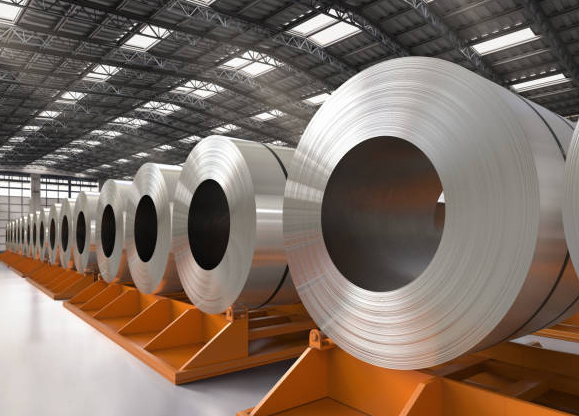
Steel, as one of the most widely used materials in various industries, requires specific characteristics to meet the demands of different applications. One crucial aspect of steel quality is its purity, which directly affects its mechanical properties and performance. In recent years, calcium has emerged as an essential element for enhancing steel purity, offering several advantages over traditional methods. This article explores the role of calcium in improving steel purity and its impact on the steel industry.
Calcium, a chemical element commonly found in nature, possesses unique properties that make it suitable for enhancing steel purity. When added to steel, calcium reacts with impurities present in the molten metal, such as sulfur and oxygen. This reaction forms calcium sulfides and calcium oxides, which have higher melting points than the steel itself. As a result, these impurities tend to float to the surface, facilitating their removal from the steel matrix.

Sulfur Control: One of the main impurities in steel is sulfur, which can significantly affect its mechanical properties. Calcium has a strong affinity for sulfur, forming calcium sulfides that can be easily separated from the steel. This sulfur control not only improves the steel's ductility and toughness but also reduces the risk of sulfur-induced brittleness.
Deoxidation: Oxygen is another impurity that can negatively impact steel quality. Calcium has a higher affinity for oxygen than iron, enabling it to react with oxygen and form calcium oxides. This process, known as deoxidation, helps to remove excess oxygen from the steel, preventing the formation of undesirable oxide inclusions. Consequently, the steel's cleanliness and overall quality are enhanced.
Desulfurization Efficiency: Compared to other desulfurization agents, calcium offers higher desulfurization efficiency. Its strong affinity for sulfur allows for effective removal of this impurity, leading to improved steel cleanliness and reduced sulfur content. Lower sulfur levels in steel are desirable as they enhance weldability, machinability, and resistance to corrosion.
Cost-Effectiveness: Calcium is a cost-effective option for steel purity enhancement. Its availability in abundance and relatively low cost compared to other desulfurization agents make it an attractive choice for steel manufacturers. Moreover, the efficient desulfurization capabilities of calcium reduce the need for expensive post-treatment processes, further contributing to cost savings.
The use of calcium for steel purity enhancement finds applications in various sectors. It is particularly beneficial in the production of high-quality steels, including automotive steel, construction steel, and stainless steel. These sectors require steel with excellent mechanical properties, improved weldability, and superior resistance to corrosion, all of which can be achieved through calcium-based desulfurization processes.
In conclusion, calcium plays a vital role in enhancing steel purity by effectively removing impurities like sulfur and oxygen. Its desulfurization capabilities, deoxidation properties, and cost-effectiveness make it an attractive choice for steel manufacturers. By incorporating calcium into the steelmaking process, the steel industry can produce high-quality steels with improved mechanical properties, weldability, and resistance to corrosion. The continued exploration and implementation of calcium-based techniques offer promising opportunities for advancing the steel industry and meeting the ever-increasing demands of modern applications.

Write a Message